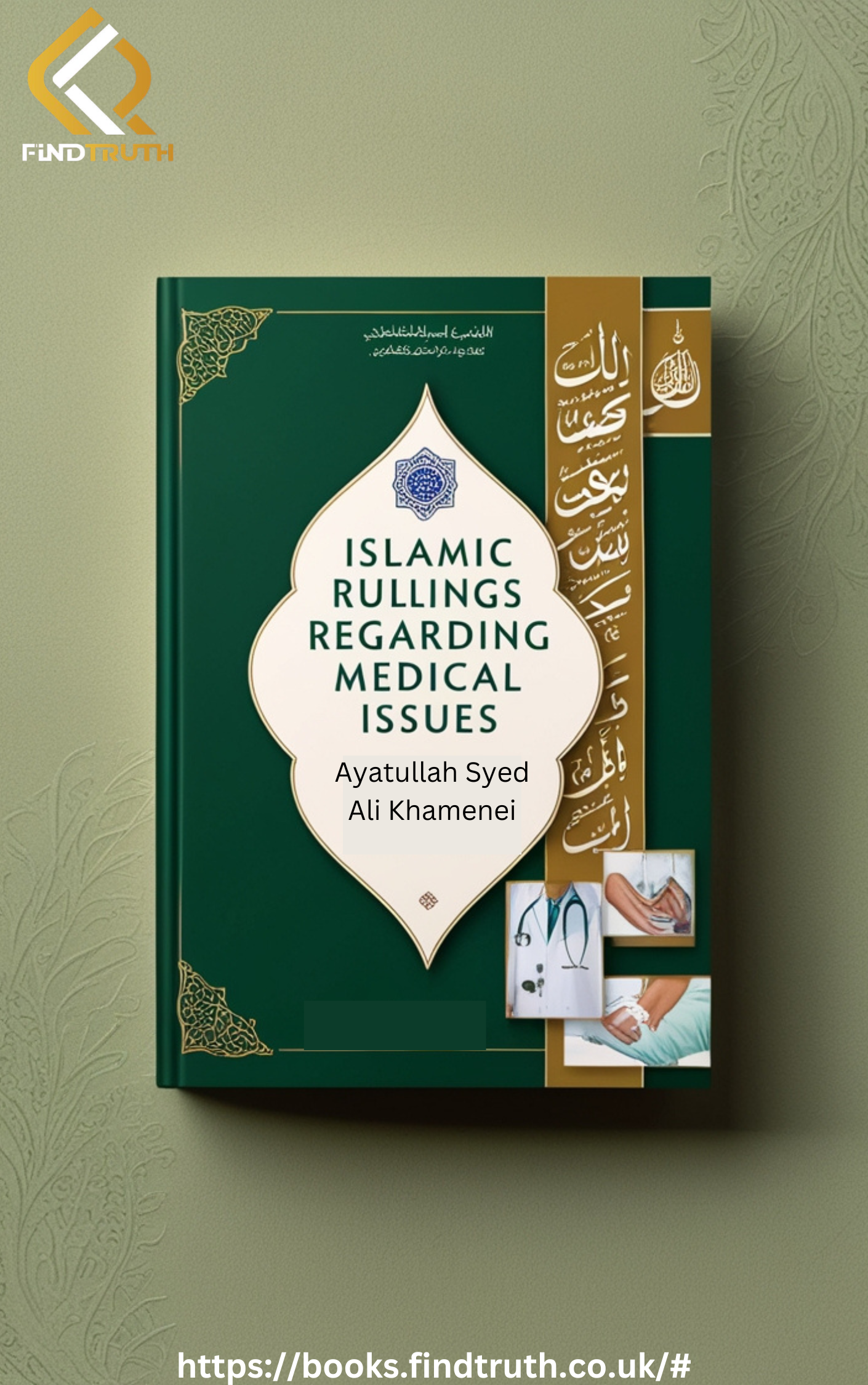
- Beliefs
-
Muslim Practices
- Salah (Daily Prayers)
- Sawm (Fasting)
- Hajj (Pilgramage to Makkah)
- Zakah (Charity Giving)
- Khums (Giving One-Fifth of Annual Saving)
- Jihad (Striving in the Way of God)
- Amr bil Ma'ruf (Encouraging Good)
- Nahy 'an al-Munkar (Stopping Evil)
- Tawalla (Loving the Prophet & His Family)
- Tabarra (Disassociating from the Enemies of the Prophet and His Family)
- Islamic Education
-
Akhlaq - (Ethics)
-
Quran & Sciences
-
Islamic History
-
Socio-Cultural
- Islamic Holy Places
-
Supplications
- Home
- Feature Selections ★
- Beliefs 🛐
-
Muslim Practices ☪️
- Salah (Daily Prayers)
- Sawm (Fasting)
- Hajj (Pilgramage to Makkah)
- Zakah (Charity Giving)
- Khums (Giving One-Fifth of Annual Saving)
- Jihad (Striving in the Way of God)
- Amr bil Ma'ruf (Encouraging Good)
- Nahy 'an al-Munkar (Stopping Evil)
- Tawalla (Loving the Prophet & His Family)
- Tabarra (Disassociating from the Enemies of the Prophet and His Family)
- Islamic Education
-
Akhlaq - Ethics 🔑
- Quran and Sciences 📖
-
Islamic History
- Socio-Cultural
- Islamic Holy Places
- eBooks
- Hadith e Halila (Tradition of Myrobalan Fruit)
Hadith e Halila (Tradition of Myrobalan Fruit)
(0 User reviews)
879
472
By
Admin 4
Posted on Jan 31, 2023
In Category -
Quranic General Knowledge,
Wisdom and Spirituality,
Islamic Health & Hygiene
Wali Muhammad C Momin
Peermahomed Ebrahim Trust
Hadith e Halila, Tradition of Myrobalan Fruit, Wali Muhammad C Momin, Imam Ja'far al-Sadiq, Islamic philosophy, Tawheed in Islam, Existence of God in Islam, Theology in Islam, Islamic spiritual wisdom, Islamic metaphors
90
An insightful exploration of the Hadith e Halila, where Imam Ja'far al-Sadiq (a.s.) uses the metaphor of the myrobalan fruit to explain the existence of God and creation.
"Hadith e Halila (Tradition of Myrobalan Fruit)" by Wali Muhammad C Momin is a profound exploration of the philosophical and spiritual themes in the famous Hadith e Halila. This tradition, narrated by Imam Ja'far al-Sadiq (a.s.), uses the metaphor of the myrobalan fruit to explain deep theological concepts such as the existence of God and the nature of creation. The book provides insightful commentary on the hadith, making complex ideas accessible for readers interested in Islamic philosophy and theology.
There are no reviews for this eBook.
0
0 out of 5
(0 User reviews )
There are no comments for this eBook.
You must log in to post a comment.
Log in
Related eBooks
By using our site you agree to our use of cookies to deliver a better site experience.










